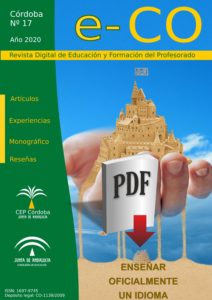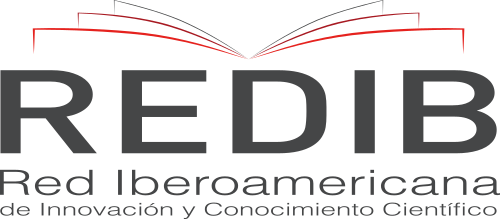AUTOR:
César Fernández Le Gal
Profesor de Filosofía. IES Trassierra (Córdoba)
Resumen
En el candelero político nacional y también en gran parte del internacional, uno de los mayores retos intelectuales del campo social consiste en el replanteamiento de ciertos conceptos de cuño político.
Los acontecimientos políticos, las revueltas en diversas regiones, los coletazos de la crisis o el rebrote de la misma, los escenarios políticos convulsos obligan a reconsiderar conceptos que se daban por periclitados u obsoletos y a tratar asimismo otros nuevos que surgen con fuerza.
En este sentido el Centro de Profesorado de Córdoba planteó en octubre y noviembre de 2019, dirigido al profesorado de Filosofía y de Ciencias Sociales, el Seminario Espectros del Fascismo, de cuatro jornadas, dirigido por el profesor Álvaro Castro, especialista en cuestiones de filosofía moral y filosofía española contemporánea, y al que también fueron invitados el profesor José Luis Villacañas y el periodista Esteban Hernández. La tarea consistía en desbrozar, con rigor académico, la maraña de datos historiográficos y filosóficos para determinar el alcance de nociones como “fascismo”, “reacción”, “nacional-populismo”, “extrema derecha”.
En las siguientes líneas espigaré los elementos que a mi juicio he visto más relevantes en dicho empeño: la panorámica sobre el fascismo histórico tanto desde el orden historiográfico como filosófico; la mirada hacia el fascismo de la posguerra, los movimientos del neofascismo y el post-fascismo; y la actualidad del populismo de derechas o nacional-populismo.
Considero significativo destacar que los debates propiciados al final de las sesiones prendían rápido con viveza y variedad de pareceres, gracias a la actualidad política más inmediata: el afianzamiento parlamentario del partido Vox y los acontecimientos populistas en Cataluña, quedando así de manifiesto el éxito del enfoque histórico-filosófico y el interés suscitado por el Seminario.
Abstract
In the national political spotlight and also in a large part of the international one, one of the greatest intellectual challenges of the social ambit consists in the rethinking of certain political concepts.
Political events, revolts in differents regions, blows of the crisis or regrowth of the crisis, convulsive political stages force to reconsider concepts that were considered pericycled or obsolete and also to treat new ones that emerge strongly.
In this sense, the Teaching Center of Córdoba proposed in October and November 2019, addressed to the professorate of Philosophy and Social Sciences, the four-day seminar Fascism’s spectrums, directed by professor Álvaro Castro, specialist in matters of moral philosophy and contemporary Spanish philosophy, and to which professor José Luis Villacañas and journalist Esteban Hernández were also invited. The task was to clear, with academic rigor, the tangle of historiographic and philosophical data to determine the scope of notions such as «fascism», «reaction», «national-populism», «extreme right.».
In the following lines I will scrutinize the elements that in my opinion I have seen most relevant in said endeavor: the panorama on historical fascism from both the historiographic and philosophical order; the look towards postwar fascism, the neo-fascism and post-fascism movements; and the news of right-wing populism or national-populism.
I consider it significant to point out that the debates promoted at the end of the sessions lit fast with a variety of opinions, thanks to the more immediate political current: the parliamentary consolidation of Vox party and populist events in Catalonia, thus demonstrating the success of the approach historical-philosophical and the interest aroused by the Seminar.







